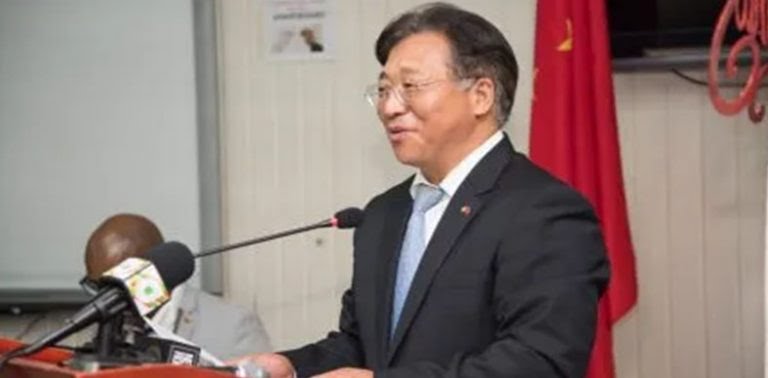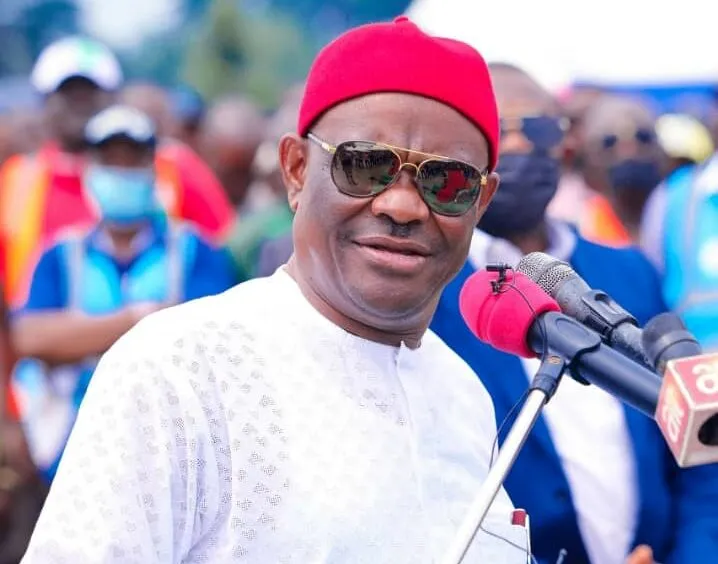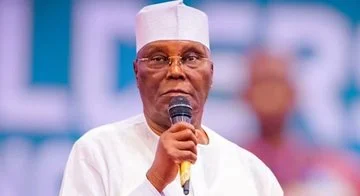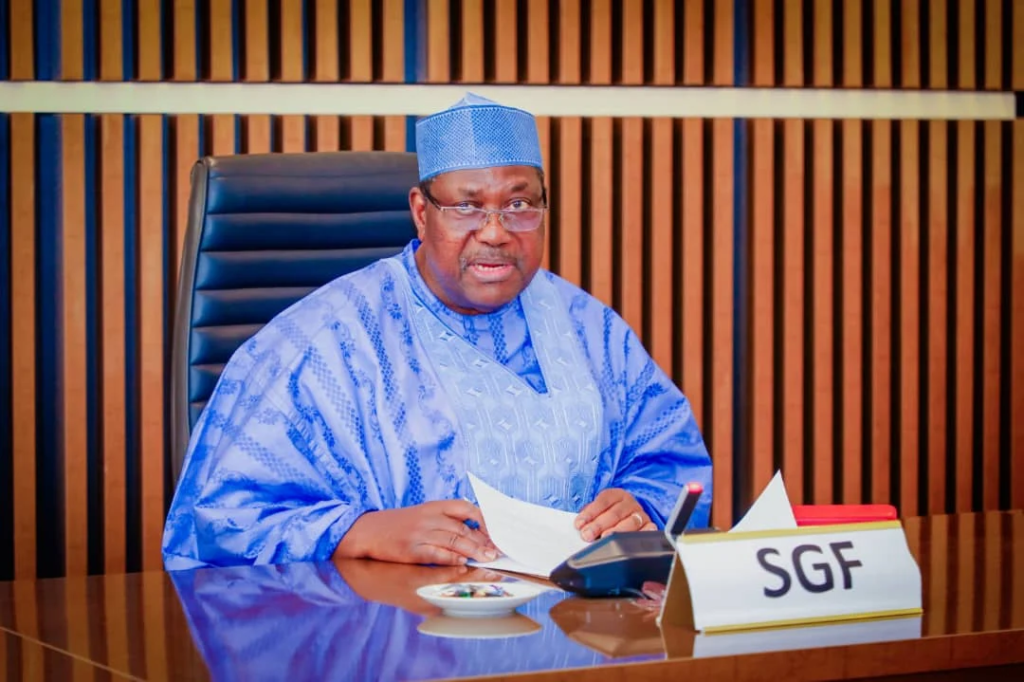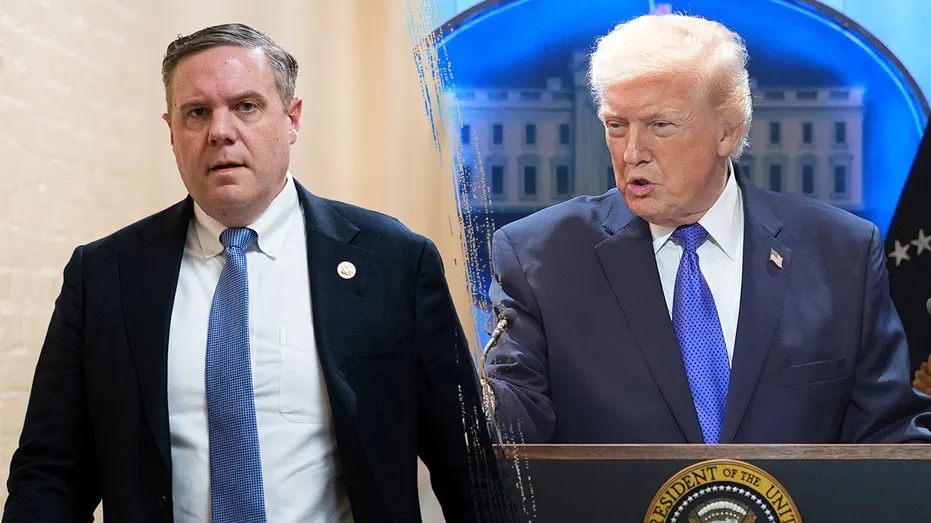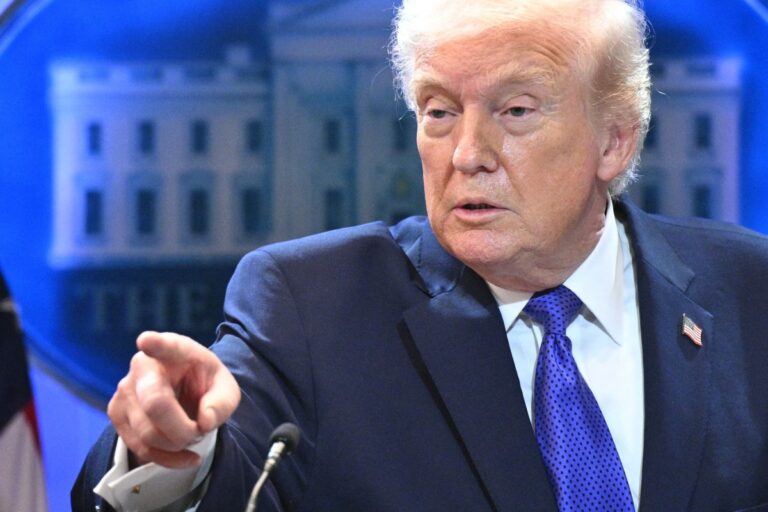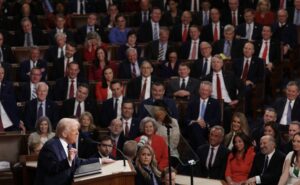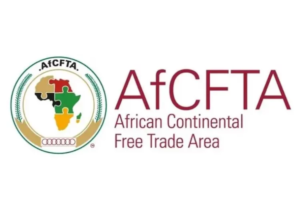Mr. Cui Jianchun, China’s Ambassador to Nigeria, stated on Tuesday that the country’s political and economic cooperation with Nigeria would be prioritized to achieve growth.
Cui made the remarks while briefing journalists in Abuja on the 50th anniversary of China’s re-accession to the United Nations.
On Oct. 25, 1971, the UN General Assembly recognized China’s representatives and expelled Chiang Kai-shek, the then-leader of Taiwan, from the organization, according to the ambassador.
Quoting Chinese President Xi Jinping’s remarks at a conference to commemorate the event, the envoy said, “restoration of New China’s lawful seat in the UN was momentous for the world and the organization.”
He further said, “How can we implement these strategies for road development progress? We covered five goals; the first goal is political consonance and the second is economic cooperation.
“Today, we consider how we can implement two of the goals through international coordination, in terms of how ‘Nigeria supported China’ since we established diplomatic ties, on Feb. 10, 1971.
“The two nations established diplomatic relations in February 1971 and on October 1, 1971, the then Nigerian government decided to support the move to restore the rights of China in the UN system.
“We are grateful to Nigeria because that formed the foundation for the two nations; 26 countries in Africa supported China; we have done a lot in the past 50 years.
“I think in the relationship between China and Nigeria we have done a lot in the past 50 years, we believe we have to trace the history, that is the international correlation from 1971.”
Cui stated that the two countries had always supported each other before 1971 and that it was best for both of them to have progressed so far internationally.
Political alignment, economic cooperation, military cooperation, international coordination, and people communication are among the five mutual goals he identified between the two countries.
Cui reaffirmed Xi’s commitment to peace and development, as well as the UN’s principles of international fairness and justice, as well as global order governance.
He further quoted Xi as saying, “For the past 50 years, China has written an epic chapter in the development of China and humanity, and also contributing significantly towards world peace and development.
“Upholding the authority and sanctity of the UN and practicing multilateralism; we strongly advocate peace, development, equity, justice, democracy, and freedom.
“It is important for China to build a community with a future for mankind and work together to build an open, inclusive, clean, beautiful world that enjoys lasting peace, universal security, and common prosperity.
“We are committed to mutual benefits and win-win results, and work together to promote economic and social development for the greater benefit of our people.
“We should step-up cooperation, work together to address challenges and global issues that are facing humanity, and regularly uphold the authority of the UN to practice true multilateralism,” he added.
Ambassador Cui also remarked on China’s achievements in contributing to world peace and the global development order thus far, praising Nigeria’s role in Africa in this regard.
He stated that China would continue to support Nigeria’s leadership positions in the World Trade Organization and the African Development Bank to strengthen bilateral ties in global development initiatives between the two countries.
Nigeria could learn from China’s success in commemorating the Communist Party of China’s centennial, transforming poverty into prosperity, promoting biodiversity, and reuniting the Forum on China-Africa Cooperation, according to Cui.
He claimed that China had made significant progress on climate change as a result of adequate investments in ecological civilization, and urged the Federal Government to collaborate closely with his country to meet its goals.
The ambassador went on to say that China and Nigeria would continue to work together to achieve their common goals in areas such as currency unification and the Belt and Road Initiative, which would benefit both countries.
NAN

